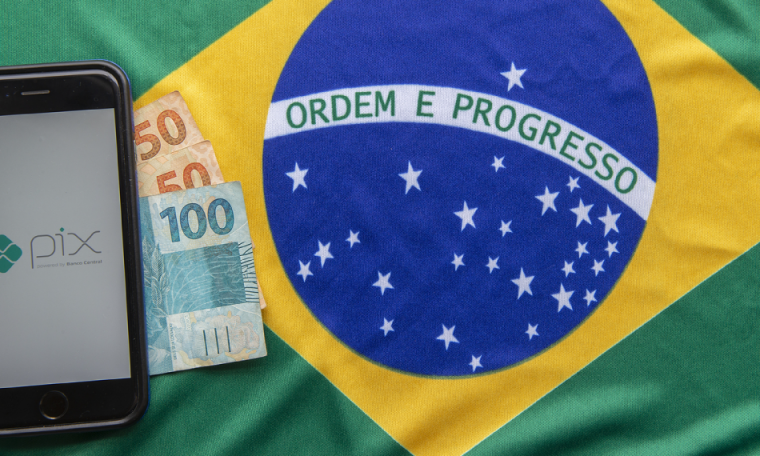
Pix, an instant payment system led by? Banco Central (BC), launched in November last year, reached 253.5 million keys as of May 31, with 87.6 million entries made by individuals and 5.8 million by companies. According to the projection of IBGE (Brazil’s Institute of Geography and Statistics), there are about 213 million people in Brazil. Analyzing these numbers seems a bit realistic, as it shows the strength that has surpassed even the population of our country in such a short time.
Central bank data also suggests that Pix was not just another payment instrument: from November 2020 to May this year, 2 billion transactions were made, with a turnover of $1.4 trillion. Another pertinent data brought by BC Report is that the Pix is gaining more and more strength in trading. In November 2020, 87% of transactions were between people (P2P) and 5% between people to companies (P2B). Now 75% are P2P and 12% are P2B.
The growing interest of companies in joining the instant payment system is not a mere coincidence. Realizing this promising scenario, another company that entered the controversy by investing in a payment system was Facebook. With over 400 million users in the United States in 2019 and in India from last year, WhatsApp Pay was launched in Brazil in May this year.
Equipped with the growth of e-commerce and the need for services, tools and functionalities, these new payment tools bring a promising landscape, but are also challenging for companies that want to bankroll themselves.
This new landscape has allowed companies of various shapes and sizes to provide financial services. All you have to do is hire a company that develops the technology needed to offer financial services, with just the job of putting your brand on content, such as cards and apps. IT companies have developed customized solutions to serve companies that want to provide financial services to their clients.
These solutions have been developed by a business model called White label, which is nothing more than a platform that allows a company to buy ready-made technical solutions from an organization without investing in this development. This solution can be either in this standard format, offered by IT companies, or customized to the needs and reality of the company.
In this scenario, companies may offer services such as registration and offer through the web and/or app, payment through Pix, document management and customer service, and even a digital account.
Providing financial solutions in this new world driven by digital transformations can make the difference in whether or not many businesses thrive.
Joao Morsi Jr. is the CEO of OPAH IT, a company specializing in the development of customized IT solutions.
Image: Envato/art/Markets and Consumption



